Category:The Fed & Monetary Policy


Five books to understand Austrian economics
August 4, 2023 | Post
Ready to explore the fascinating world of Austrian economics? This article has got you covered! Whether you’re new to the subject or eager to learn more, we’ve handpicked five essential books just for you.

Five myths about inflation
April 12, 2022 | Post
In order to be able to address the root problems of inflation, we need to dispel some common myths. Here are our top five picks:

What the gold standard is and why government killed it
April 19, 2017 | Post
The gold standard did not fail due to its own internal problems, but because of government.

Here’s why the tax code is so huge.
April 18, 2017 | Post
Politicians and their enablers have an incentive to make taxes complicated, because the more convoluted the tax law becomes, the easier it is to hide who is paying and who is receiving.

Is your state’s income tax keeping star athletes away?
April 17, 2017 | Post
It’s worth thinking through an athlete’s decision to sign a contract as a free agent.

Where does money come from?: Two schools of thought
April 15, 2017 | Post
Is spontaneous order or the state responsible for the emergence of money?

What interest rates really are and what happens when governments change them
February 1, 2017 | Post
The first thing to clarify is what an interest rate is not.

The international currency playoffs
January 8, 2017 | Post
There are 32 national currencies in these playoffs, from the 32 largest economies in the world. The winner of each currency-to-currency matchup depends on their exchange rates from January 1 to December 20, 2016.
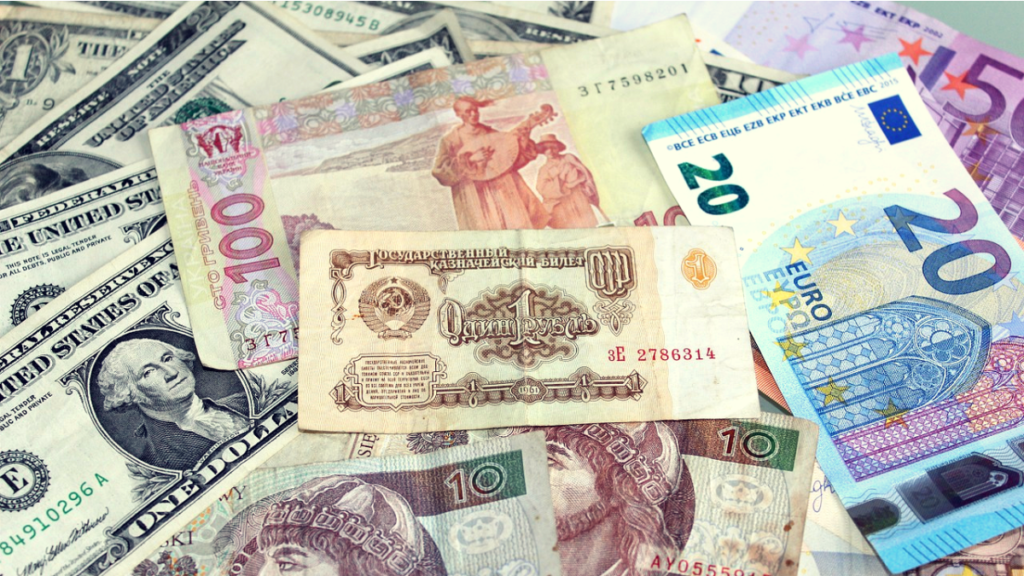
Indian Prime Minister's shake down of private wealth
December 29, 2016 | Post
Indian Prime Minister Narendra Modi stunned his country earlier this month when, out of the blue, he declared 85 percent of the nation’s currency notes null and void.

Fiscal and economic implications of higher interest rates
December 10, 2016 | Post
As the Mercatus Center’s Scott Sumner often says, one ought never to reason from a price change. Interest rates, like other prices, can change for all sorts of reasons; the implications of the change generally depend on the particular reason for such a change.

What will Donald Trump’s presidency mean for the Federal Reserve?
November 14, 2016 | Post
Here are some thoughts on the implications of Donald Trump assuming the presidency with respect to monetary policy.
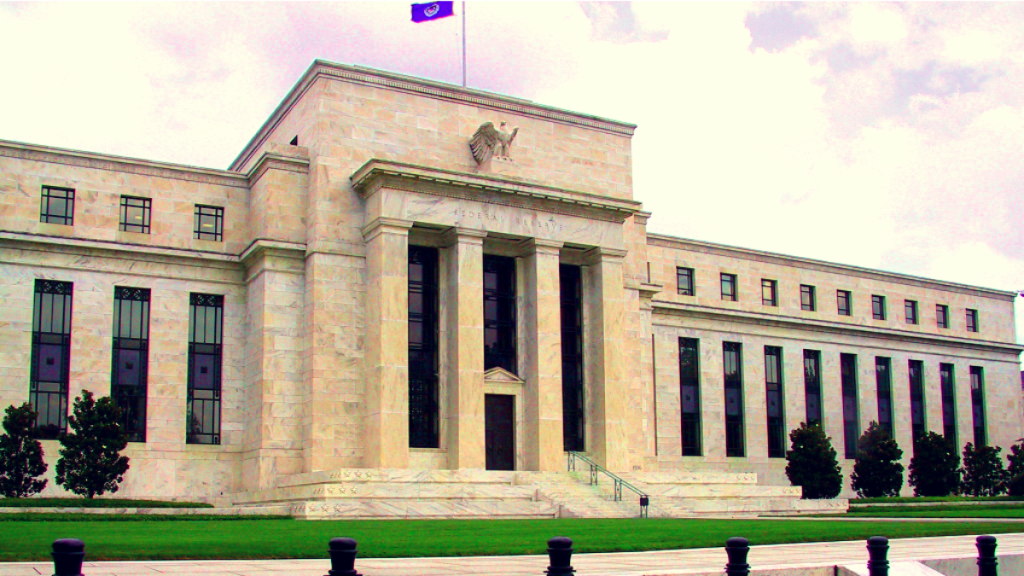
Cash is not the enemy; central banks are
October 19, 2016 | Post
Are interest rates not prices? And if so, should they not be discovered instead of imposed?
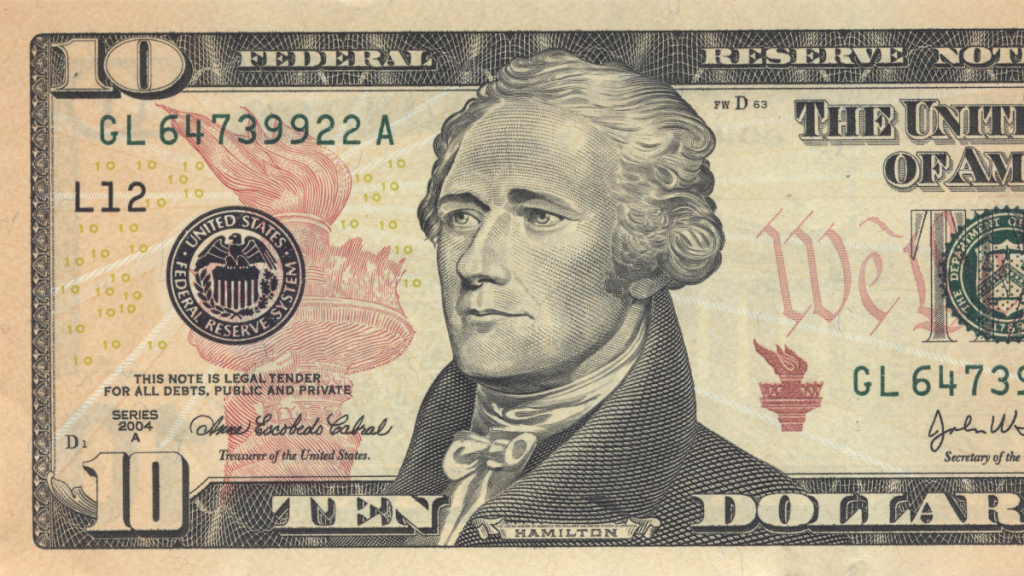
Alexander Hamilton, a Second-Hand Dealer in Retrograde Mercantilist Ideas
September 11, 2016 | Post
[Alexander Hamilton] was decidedly retrograde in pushing for an exclusive nationwide bank with a sweetheart government deal. He was not a creative policy genius so much as a persuasive second-hand dealer in discredited mercantilist ideas.

Venezuela vs. Ecuador (Chavismo vs. Chavismo Dollarized)
July 22, 2016 | Post
This piece was originally published at the Cato Institute. Tune into Learn Liberty’s Facebook page on Monday at 3pm for a Facebook Live event with professor Steve Hanke on this topic. With the arrival of President Hugo Chávez in 1999, Venezuela embraced Chavismo, a form of Andean socialism. In 2013, Chávez met the Grim Reaper […]
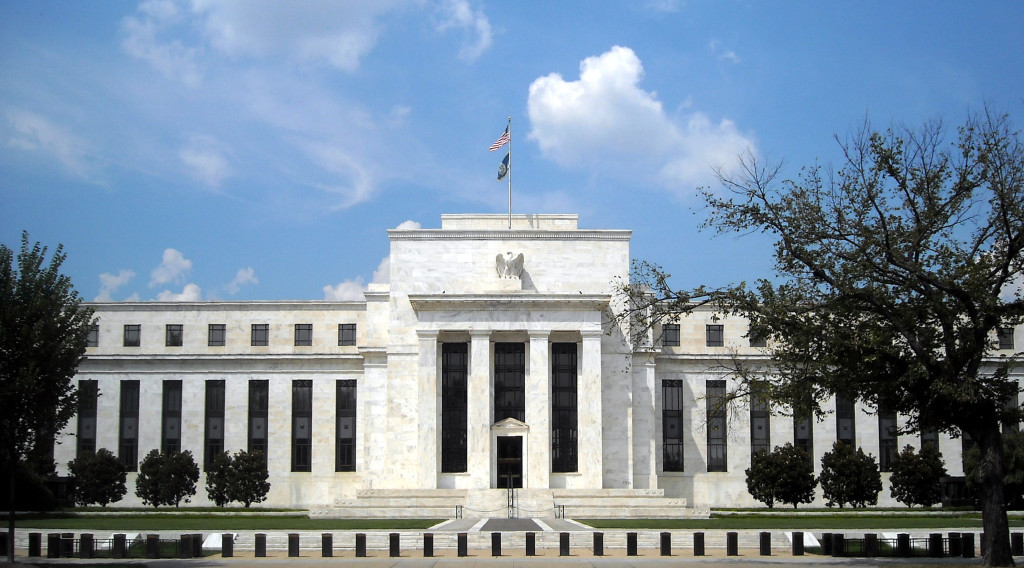
Are Low Interest Rates Good for the Economy?
April 19, 2016 | Post
The Federal Reserve has been in the news a lot lately because of its attempts at conducting monetary policy in the wake of the 2008 financial crisis. In December of 2015 the Fed’s policy-making body, the Federal Open Market Committee, voted for the first time in 7 years to raise the interest rate on bank […]

Business Cycles Explained [Teaser]
November 6, 2014 | Video
What causes economic crises? How can we prevent them? If you’re tired of drawing a blank when faced with these questions, you’re in luck. In our new program, Professor Tyler Cowen will walk you through the different theories of booms and busts, the reasoning behind major crises, and even how we can prevent them in […]

Bitcoin Revolution: How Cryptocurrency Helps Free Speech
September 23, 2014 | Video
Bitcoin is nothing short of a currency revolution. It has changed how individuals spend their money, disrupted the way governments regulate money, and has the potential to completely eliminate physical currencies. Now, Jerry Brito, Senior Research Fellow at the Mercatus Institute, will explain why Bitcoin is already impacting the world for the better. Are you […]

What Is Free Banking, and Why Should I Care?
November 12, 2013 | Video
What would happen if we didn’t have a central bank? Prof. Lawrence H. White explains that private banks would be able to circulate money by issuing notes and checks redeemable for coin. Trustworthy banks would make arrangements to accept each other’s notes and checks. Banks would have better incentives than the federal government to ensure […]

The Surprising Answer for How to Handle The Next Recession
October 14, 2013 | Video
When economic troubles strike, policymakers are eager to do something to try to help the citizenry. But Prof. Lawrence H. White argues that government doesn’t necessarily know how to relieve economic woes, and in fact, often wastes and mismanages resources. Individuals in the market know better what they need in their circumstances, as economist Friedrich […]

What Is a Gold Standard?
May 2, 2013 | Video
The United States abandoned the gold standard completely in 1974. Professor Lawrence H. White discusses what the gold standard was, why it was abandoned, and whether abandoning it was a good idea. The gold standard meant that currency could be redeemed by banks for gold. The dollar had a set value that it retained. If […]

Explaining the Great Recession
November 20, 2012 | Video
Professor Tyler Cowen explains that the Great Recession was the result of a number of different problems. While many economists tend to be dedicated to one particular model of downturns, Prof. Cowen finds evidence that elements from many different models played a factor in the recent recession. He briefly outlines how the following models could […]
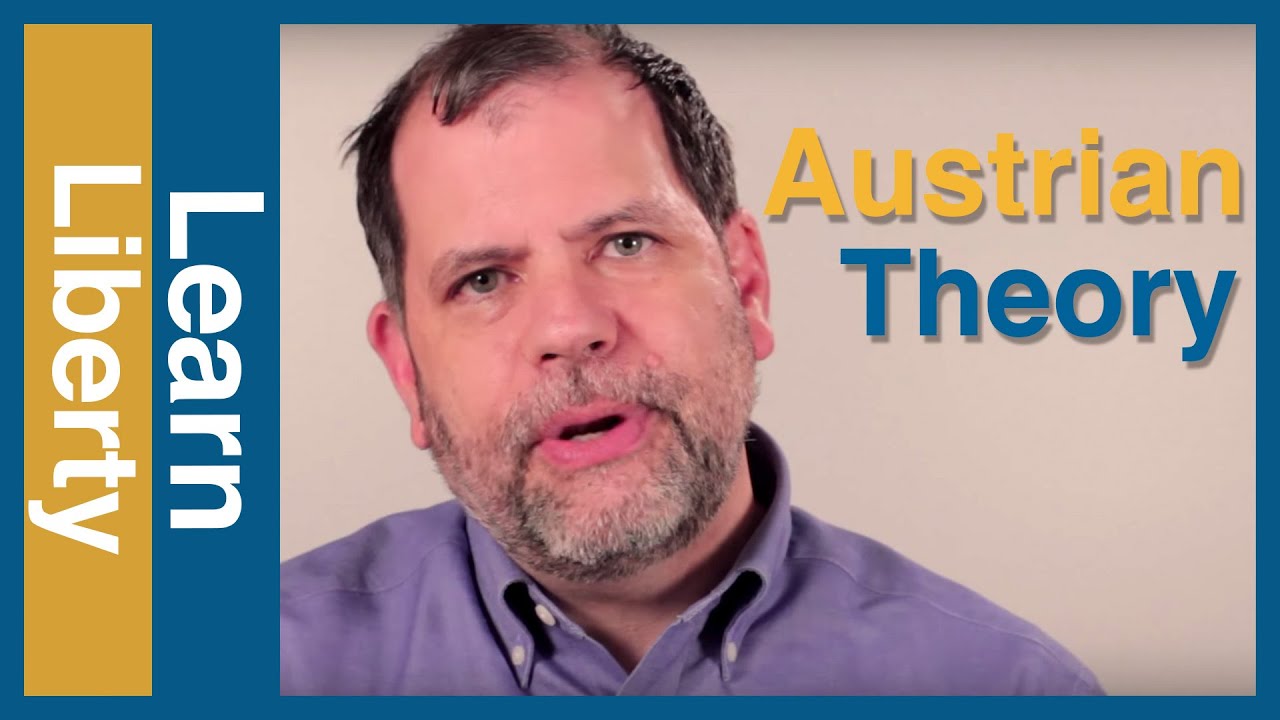
Interest Rates in Austrian Theory
July 30, 2012 | Video
Check out Prof. Cowen’s popular econ blog, Marginal Revolution. What role do interest rates play in the Austrian Business Cycle Theory? Professor Tyler Cowen explains the Austrian view that interest rates affect the way entrepreneurs invest. When government expansion of the money supply affects interest rates, Austrians argue that these interest rates give entrepreneurs […]
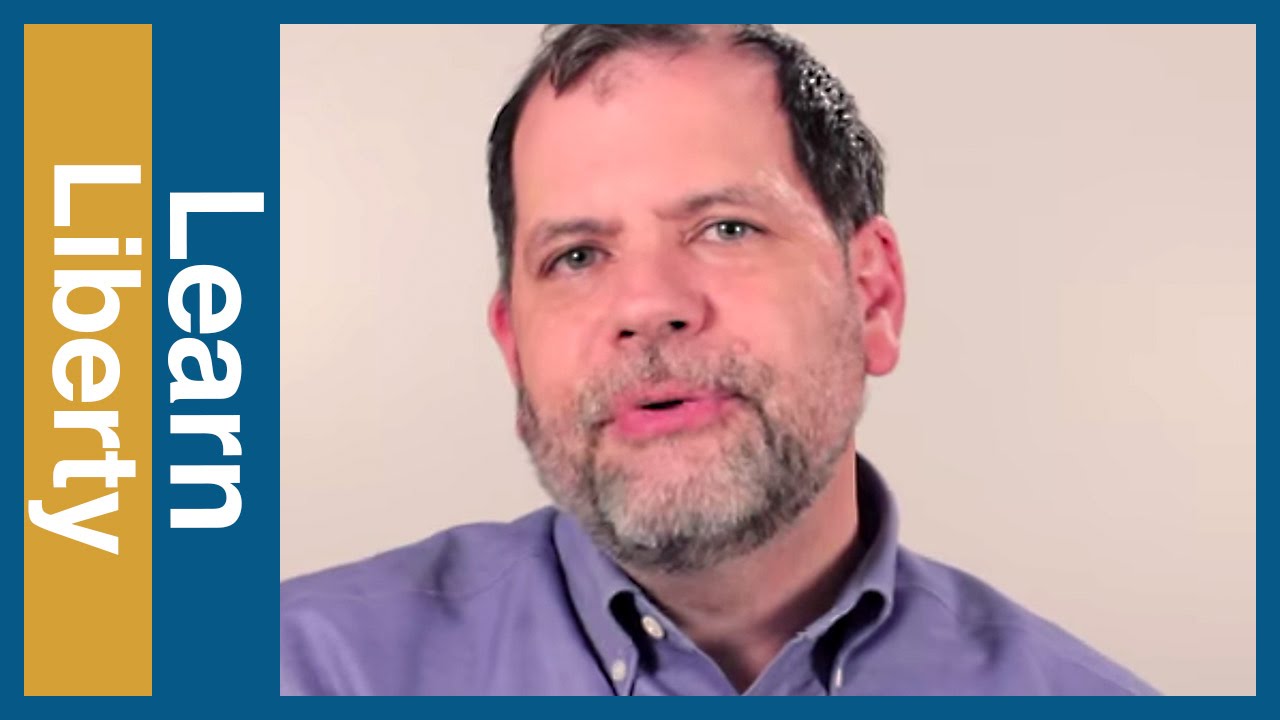
Business Cycles Explained: Sticky Wages & Prices
July 30, 2012 | Video
Check out Prof. Cowen’s popular econ blog, Marginal Revolution. Tyler Cowen touched on the topic of Wage & Price Stickiness in “Business Cycles Explained: Keynesian Theory.” In this video, he dives deeper into these core ideas. What makes wages sticky? In many economies, a large portion of the workforce is unionized and wages are […]


